Dielectric grease is a non-conductive, silicone-based grease that's designed to seal out moisture and prevent corrosion on electrical connectors. It also disrupts the flow of electrical current, which makes it good for lubricating and sealing the rubber parts of electrical connectors. It's commonly used in automotive spark plug wires, recreational and utility vehicles, and electrical systems in aircraft.
Physical Properties
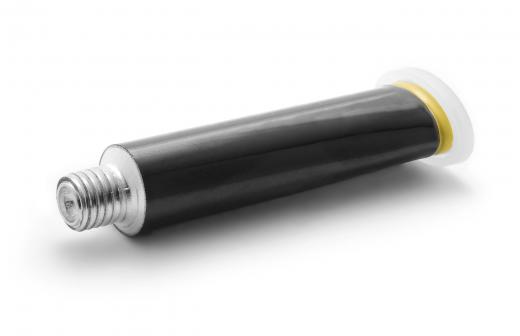
This material is a translucent, gray lubricant that does not dissolve in liquids like ethanol, methanol, mineral oil, and water. It can be dissolved with Methyl Ethyl Ketone (MEK) and mineral spirits though. Dielectric grease affects silicone rubber over time, so it isn't always a good choice to use it on silicone-based O-rings or wiring harnesses.
It can withstand high temperatures, making it a good choice for engine compartments and similar locations. Many dielectric greases are rated to work in up to 392° F (200° C) temperatures, and some can operate at up to 500° F (260° C). Though there are other greases that can work at these temperatures, they may not prevent the flow of electrical current like dielectric grease does.
Uses
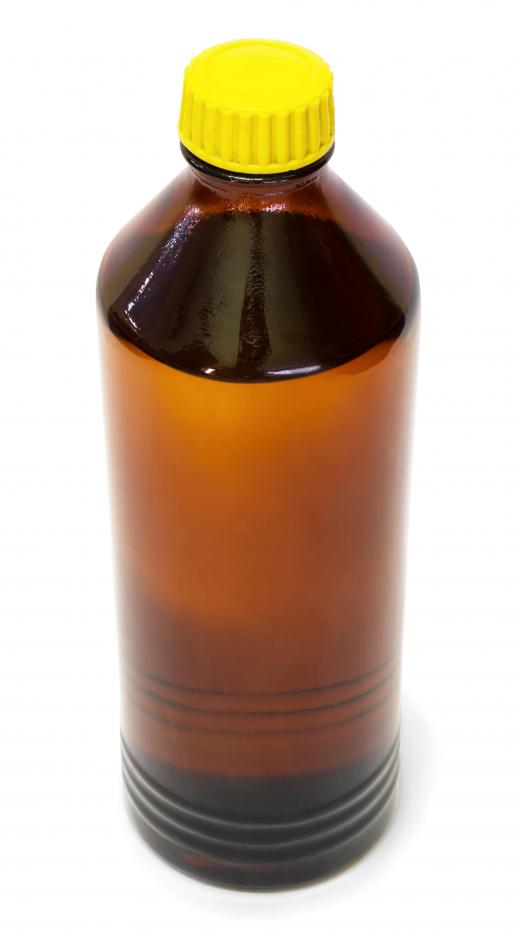
Dielectric grease is widely used as a sealant for spark plugs in gasoline or diesel engines, as well as on the gaskets of multi-pin connectors in the electrical systems of vehicles and boats. When used with spark plugs, it's applied to the rubber part of the plug wire. This helps the boot slide onto the plug's ceramic insulator and keeps dirt or moisture from contaminating the seal and disrupting the electrical current.
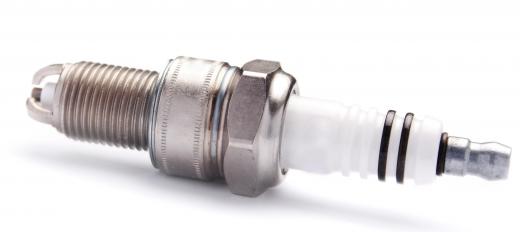
Besides being used to seal rubber covers on electrical connections, dielectric grease also prevents corrosion when applied directly to metal connectors. Though it works well for this purpose, it can sometimes cause a connection to stop working if not all of the grease is pushed out of the way between the points of contact inside the connector. Additionally, it is often used to lubricate other engine-related parts, like rotors, distributor caps, and speedometer cables. It can be used in other situations where electrical connections may be exposed to moisture and dirt as well, like outdoor lights, satellite TV installations, trailer hitch wiring, and battery terminals.
Cautions
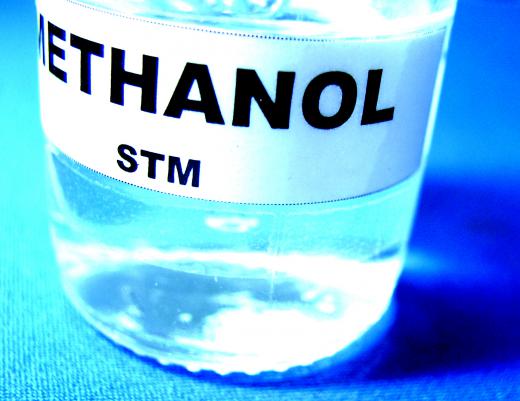
Silicone-based lubricants, including dielectric grease, can irritate the skin and eyes, so users should wear safety glasses and gloves when using it, and should wash any skin or clothes that come into contact with it promptly. At high temperatures, it may create formaldehyde, which irritates the eyes and respiratory system, and is associated with cancer. Those buying this product should consider the temperature conditions in which they need it to work, since some formulations are better for higher temperatures than others.
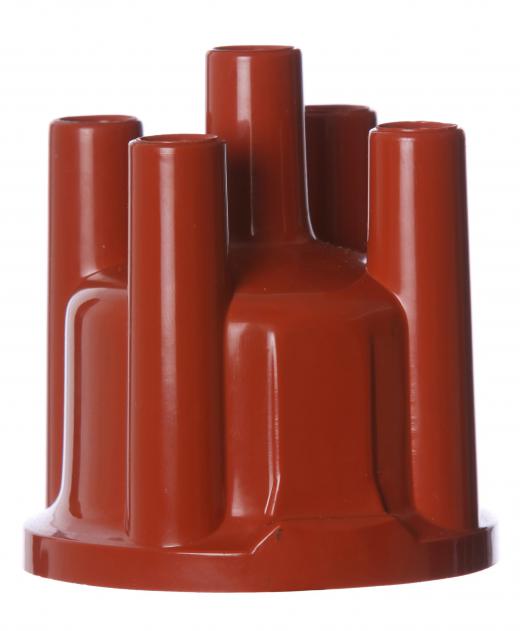
Grease and lubricants in general can ignite and burn when they're exposed to a lot of oxygen. This is a particular risk when they are used in medical devices, pressurized air systems, or oxygen systems in aircraft. This type of grease should never be applied to the threads of oxygen cylinders or valves used on oxygen systems, since the rapid reaction between it and the oxygen could cause an explosion or fire. In addition, most greases can affect paint and coatings on machines or vehicles if left on for a long time. Any excess product should be cleaned up, including any that's spilled on floors, to prevent a slipping hazard.
Is Dielectric Grease Conductive?
Dielectric grease is an insulator. One of its primary uses is preventing arcing and fusing metals that conduct high voltages. The substance's high melting point makes it ideally suited to this sort of high-temperature application.
When applying dielectric grease, it is essential to remember that it is not an electrical conductor. Therefore, if gobbed onto the contact points, the substance will block an electrical current. The contact points can come together and displace small amounts of dielectric grease. Still, it is best to thoroughly remove dielectric grease in areas where the metal contact points come into contact.
Misinformation has led to many instances of misuse of dielectric grease. When misused, it can interrupt the electrical current flow and cause devices or systems to malfunction. Therefore, label directions are vitally important when using dielectric grease, and consultation with a professional is advisable when the user is unsure or inexperienced.
Dielectric grease belongs on the outer portion of connectors. Its non-conductive properties benefit this situation by preventing voltage leaks in high-voltage circuits such as spark plugs in automobiles. Dielectric grease also lubricates and protects the rubber covers, plastic plugs and other non-conductive pieces that deliver electric power and signals where they need to go.
While dielectric grease is not a conductor of electricity, it does serve as a vital helper to keep current flowing in electrical circuits, especially in harsh environments. In addition, by sealing connections and protecting them from corrosion and debris, dielectric grease helps electrical contact points stay functional.
How To Use Dielectric Grease
Dielectric grease should never be confused with petroleum-based lubricating oil. The two are distinct and designed for entirely different purposes. Dielectric grease is not for lubricating metal parts. Instead, it is for insulating and protecting electrical contacts. It also has some use as a lubricant, but primarily for plastic and rubber parts, especially when these materials come into contact with metal.
It is essential to apply dielectric grease in thin layers. The substance works best if the user uses it efficiently and sparingly. Cover the outer portion of any exposed electrical connections like battery terminals with a thin coat of dielectric grease by swabbing on a small amount and spreading it as thinly and evenly as possible.
The proper application of dielectric grease to any exposed electrical connection can improve the circuit's performance. Therefore, many everyday items can benefit from this versatile substance. Correct use of the protective material on things like bulb sockets, battery terminals, spark plugs, relays and just about any other general electrical connection can increase the length of life and reliability of a multitude of household devices and automotive systems.
Manufacturers have made it easier than ever to use dielectric grease in a wide variety of applications by producing the substance in various forms. Areas that are hard to reach can now receive dielectric grease via a sprayable liquid. Specialty applications of dielectric grease usually require the expertise of a professional to receive the most benefit.
What Does Dielectric Grease Do?
Dielectric grease protects electric circuits, especially at connection points where vulnerabilities could lead to problems. For example, when connection points in an electrical circuit are open to debris or susceptible to corrosion, this silicone-based sealant serves as a protectant. In addition, it's moisture-resistant, so it keeps contacts dry and current flowing evenly and uninterrupted.
The material has a very high melting point relative to petroleum-based lubricating oils. This characteristic gives it the ability to withstand situations where intense heat is present and helps to prevent arcing electrical sparks from fusing materials. Dielectric grease also mitigates the development of the oxidation layer that can form on rubber connectors and inhibit electrical flow at connection points.
Dielectric grease is vital in preventing voltage leak that sometimes occurs in high-voltage systems. By keeping connections free of dirt and corrosion, dielectric grease helps maintain a closed system of electrical flow. This ability prevents waste and increases the operational efficiency of systems that rely on vast amounts of voltage to operate.
It is also a fire retardant, so it helps prevent fires in vehicles and homes that originate in the electrical systems from spreading more rapidly. In addition, dielectric grease is an excellent lubricant for rubber and plastic. Properly applied, this substance lengthens the life of rubber and plastic parts and connectors by helping to keep them clean, insulated and supple, not brittle.
Clean, tight electrical connections made possible by the proper application of dielectric grease prevent many electrical problems. For example, overheating caused by intermittent electrical connections is a common problem that the protective qualities of dielectric grease could help reduce in addition to sparking and loss of power.
